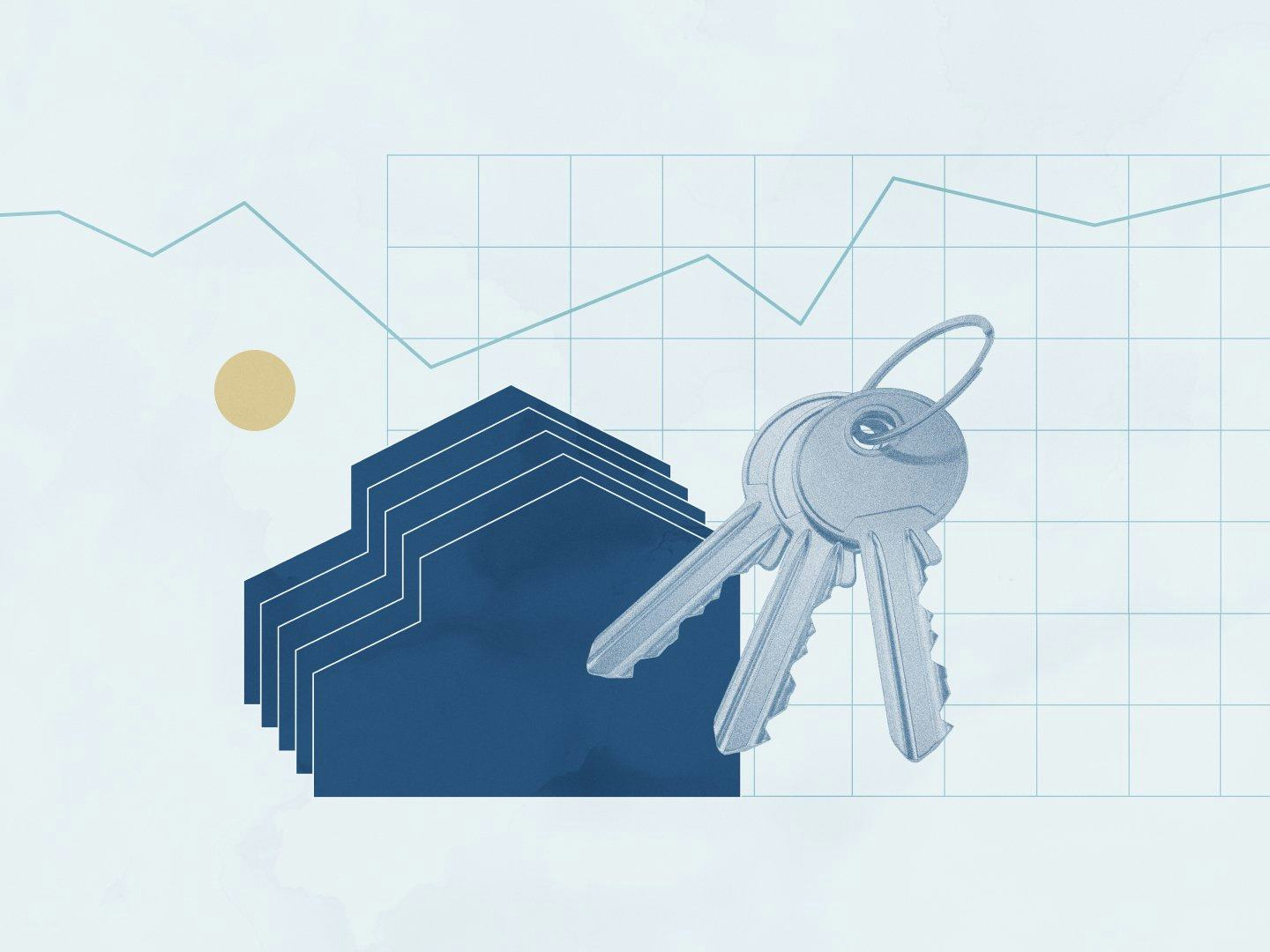What rights and responsibilities do parents have when it comes to children's money?

Responsibility for children's finances
Parents and guardians play an important role in the financial upbringing of their children until they reach the age of 18 and by law, they are responsible for managing their children's financial assets. However, this does not mean that parents can freely dispose of their children's money. The laws on guardianship place several responsibilities on us regarding the management of children's finances. For example, the law clearly states that we must always keep a child's money separate from our own. The law also requires the approval of a guardian supervisor for any major or unusual decisions involving the child's money, such as payments for living expenses or education or if the child's funds are to be invested or used in significant amounts. If we, as parents, mishandle the child's finances, we could be held liable for damages to the child.
Note that while the general rule is that children don’t control their money, the law provides that children do control certain types of their funds, even though their right to dispose of such funds may be limited in the case of large sums. These funds fall into three categories:
- Own earnings are funds earned by the child
- Gifts are funds gifted to the child
- Other funds, such as money we give the child for its own use, such as an allowance
Well begun
To summarise, the child has control over any money they earn themselves, gift money and their allowance. They are however still our child and our responsibility. Here, another kind of our duty as guardians comes into play, which is to educate the child and teach them how to manage their money wisely. We can do this by talking about the value of money, saving, and spending, as appropriate based on the child’s age and maturity. It is possible to start talking about the importance of saving early on and also to take decisions while considering the child’s opinions.
And it is important to start early, because 9-year-old children can get a debit card and, by the time they are 13, they can generally open bank accounts on their own without parental or guardian involvement. At this age - the teenage years - we can still monitor how the child handles money through an overview of their finances in our online banking account or banking app. The fourteenth year also marks a certain milestone, as for many children it is their confirmation year, when they first get access a significant amount of money and can register for the youth employment program.
One chapter ends - another begins
We encourage parents and guardians to invest children's funds wisely, with their best interests in mind. Being educated about money management and developing good saving habits during childhood is a valuable foundation for life. When an individual turns 18, they gain full control over their finances and the guardian’s access is revoked. At that point, it is important that financial upbringing has been successful.
More information about managing the finances of minors can be found on the Landsbankinn website, https://www.landsbankinn.is/ofjarrada









